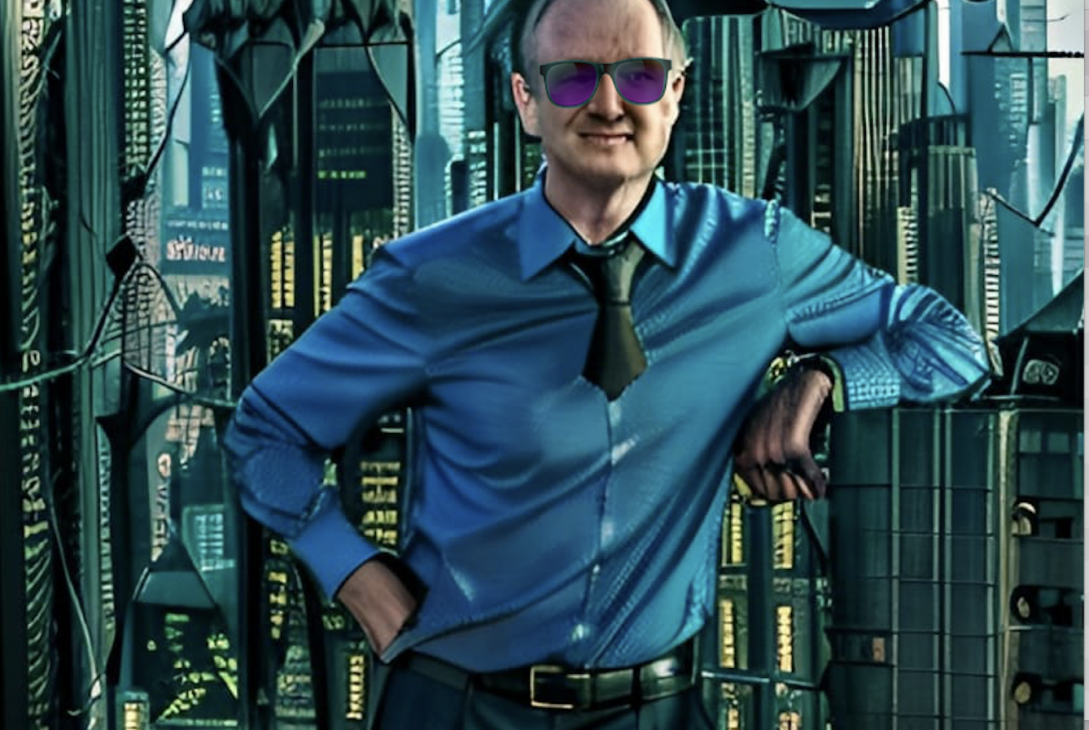One of the founding fathers of modern AI, Geoffrey Hinton, has quit his post at Google after fears about how the technology is being used. His departure rides tandem with concerns he has voiced openly about discussing the potential for its use by bad actors.
His post as chief scientist at the organisation began after his previous AI startup, DNN research, was bought by Google in 2013 in order to boost its photo recognition software.
The storied academic and computer scientist resigned from Google after voicing his concerns that AI was being used for military purposes and could be co-opted for malevolent use.
Hinton led research into many parts of AI which have gone on to become integral to its rapid development. He began a programme called “backpropagation”. This is the foundation pillar for how the technology learns, which mimics the way biological brain processes and memorises information.
AI fears
The technology has raised concerns for many, including many tech figureheads who have called for a pause into its development.
Hinton said that it was Microsoft’s entrance into the AI market with the integration of AI tools in its Bing search engine, which meant Google responded with ferocity in terms of ramping up research and incorporating more tools into the search engine.
Hinton told The New York Times: “The idea that this stuff could actually get smarter than people — a few people believed that, but most people thought it was way off. And I thought it was way off. I thought it was 30 to 50 years or even longer away. Obviously, I no longer think that.”
“The idea that this stuff could actually get smarter than people — a few people believed that, but most people thought it was way off. And I thought it was way off. Obviously, I no longer think that.”
Geoffrey Hinton
AI: A backstory
Past iterations and thoughts around spans from previous imaginations of automatons and thinking machines to the cutting-edge research of the present day.
In the mid-20th century with foundational work by pioneers like Alan Turing and John von Neumann, he field of AI was officially established and developed even further, with researchers focusing on creating machines capable of tasks such as playing chess and problem solving.
This period of optimism saw significant progress, including the development of programs like ELIZA, SHRDLU, and MYCIN. However funding cuts and the difficulty of scaling up early systems in the 1970s and 1980s led to a hiatus in the technology.
The emergence of connectionist models and neural networks in the 1980s and 1990s led to a resurgence in AI research, with breakthroughs in reinforcement learning and applications in robotics and computer vision.
Today, AI is driven by rapid advances in machine learning and deep learning, fuelled by large datasets and increased computing power. Latter-day techniques have produced impressive results in areas such as image recognition, natural language processing, coding and development.
Hinton’s departure from Google hints as the growing disaffection with the technology increases by the day.




